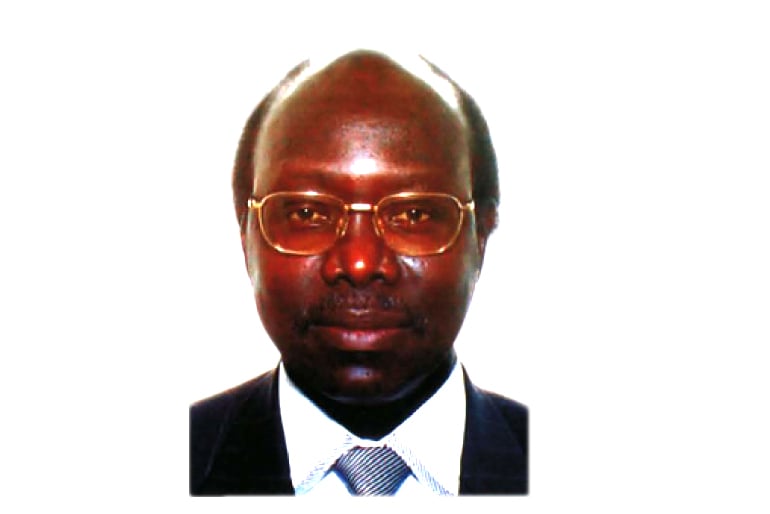Prime
Reflections on world peace day

Mr Harold Acemah
What you need to know:
‘‘Peace ushered by the gun and by force is neither desirable nor sustainable.”
Thursday, September 21, will be observed at United Nations headquarters in New York and worldwide as World Peace Day.
In the Church calendar, September 21 will be celebrated as the Feast of Saint Matthew, Apostle and Evangelist. In the northern hemisphere September 21 is the beginning of the season of autumn.
At its 36th regular session held in 1981, the UN General Assembly adopted unanimously a resolution which established International Day of Peace, a day devoted to strengthening the ideals of peace by observing 24 hours of non-violence and ceasefire. This year marks the 20th anniversary of the United Nations Programme of Action on the “Culture of Peace” adopted in 2003.
The theme for World Peace Day 2023 is “Actions for peace: Our ambition for the global goals” which is a call to action that recognises our individual and collective responsibility to foster peace. Fostering peace contributes to efforts to achieve the 17 Sustainable Development Goals (SDGs) and this will create a culture of peace for all human beings.
According to UN secretary general Antonio Guterres, “Peace is needed today more than ever. War and conflict are unleashing devastation, poverty and hunger and driving tens of millions of people from their homes. Climate chaos is all around. And even peaceful countries are gripped by gapping inequalities and political polarisation.”
I suspect and believe wars and internal conflicts raging in Ukraine, Sudan, Niger, Mali, Central African Republic and Burkina Faso were at the back of the secretary general’s mind when he made the above remarks.
One of the cardinal purposes and objectives of the United Nations is “to maintain international peace and security, and to that end take effective collective measures for the prevention and removal of threats to the peace and for the suppression of acts of aggression or other breaches of the peace.”
In the specific cases of Ukraine and Sudan, the UN has sadly and regrettably not succeeded in the realisation of the principal purpose and objective it was established to achieve. The UN reflects its member states and hence the blame for its failure to prevent war in Ukraine and Sudan falls squarely on member states, especially on the five permanent members of the UN Security Council, namely China, France, Russia, United Kingdom and United States of America.
According to the Oxford Advanced Learner’s Dictionary, “Peace is a situation or a period of time in which there is no war or violence in a country or an area.” Peace is sadly an endangered species in Africa and the world today. Peace is not merely the absence of war as many politicians often and wrongly claim.
Peace can be negative or positive. Negative peace is the absence of violence and the absence of fear of violence.
The Global Peace Index (GPI) shows how peaceful a country is without indicating where people and governments should invest in order to maintain, consolidate and strengthen peace at all levels.
Positive peace is defined as the attitudes, institutions and structures that create and sustain peaceful societies. Positive peace, derived from data available in the GPI, provides a framework to understand and address many complex challenges and problems facing the world.
Using the above yardstick, peace ushered by the gun and by force is neither desirable nor sustainable and hence is negative peace.
It’s like peace of the graveyard. Ugandans must struggle relentlessly to build institutions and structures which create and guarantee positive peace to enable our beloved country to achieve the cherished goals of rapid and sustainable economic development, social transformation, rule of law, justice and prosperity for all citizens, not only for a chosen few.
Mr Harold Acemah is a political scientist and retired career diplomat. [email protected]


